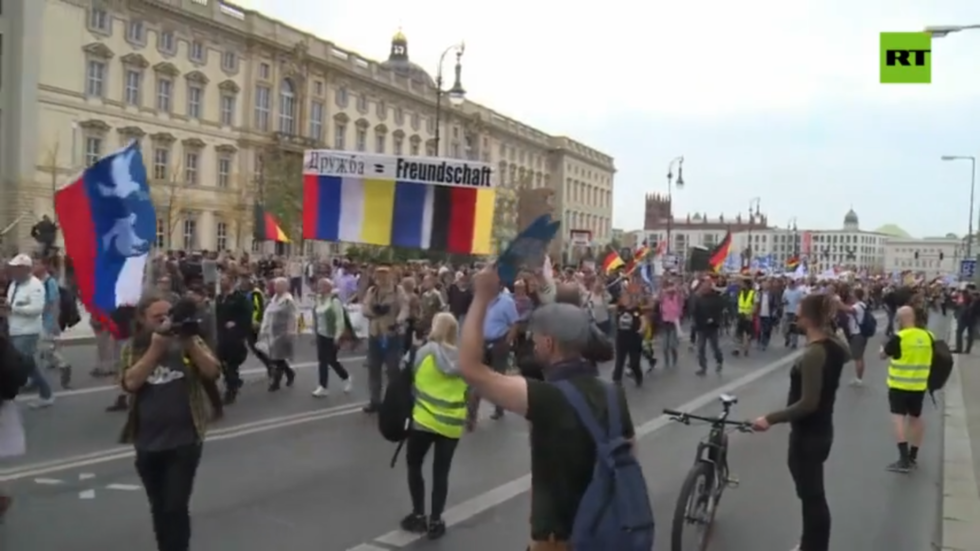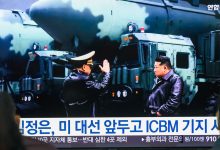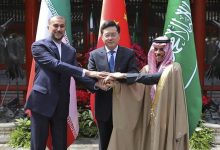
Unity Day in Germany was marked by several demonstrations, including those criticizing foreign policy
© Ruptly
Opposition groups from the both sides of the political spectrum held demonstrations across Germany as the country marked Unity Day on Tuesday. Several rallies criticized government policies, including arms shipments to Ukraine.
Some 4,600 people showed up for an event in Berlin, which was organized by the right-wing Alternative for Germany party. The march ended with a rally at the Lustgarten park in the capital center and went without an incident, except for a few verbal confrontations, according to the local press.
Protesters held banners urging accountability for government officials, including Chancellor Olaf Scholtz and Foreign Minister Annalena Baerbock. German government policies criticized by the protestors included continued arms deliveries to Ukraine and the handling of the refugee influx. National media dismissed the event as a gathering of “conspiracy theorists.”
In Dusseldorf, left-wing organizers staged a rally urging Berlin to stop arms shipments to Ukraine. They held banners calling for “peace without NATO” and an end to the prosecution of WikiLeaks founder Julian Assange, among other things. The journalist is being held in a high security prison in the UK, pending extradition to the US.
“For 70 years the US has been stirring one war after another. It is about democracy supposedly, but in reality, it’s about natural resources,” one protester told Ruptly video agency, explaining her anti-NATO attitude.any, celebrating the country’s re-unification in 1990. The date is widely considered a milestone marking the end of the Cold War era.
Russia and other critics of US foreign policy have argued that Washington refuses to accept transitioning to a new geopolitical order. They claim that humanity is moving away from a period of Western unipolarity that followed the Cold War, towards a new multipolar system, and that Western nations seek to forestall that process.




